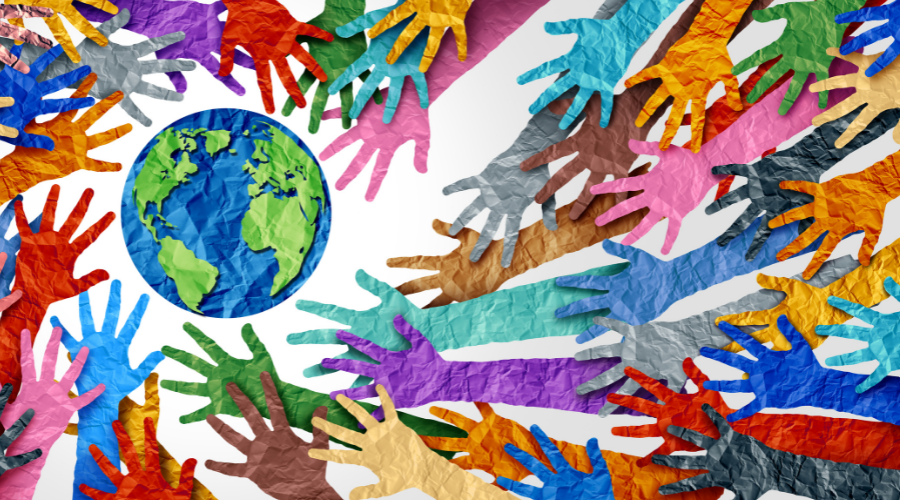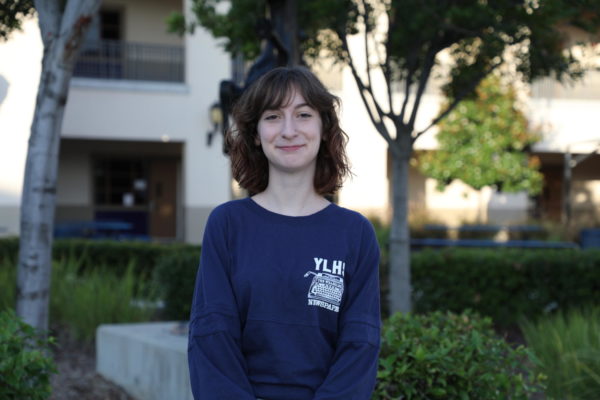Multicultural Studies: Beginning of a New Educational Era
Our world is filled with so many different histories and cultures, and it’s about time we start diversifying our curriculum to learn about them.
September 30, 2022
Many students tend to sit in their history classes and wonder: why don’t we ever learn about something other than European and American history? Although those two subject areas are important to be educated on, is that really all we should know about human history? This past year, the Placentia Yorba Linda Unified School District has been working on a new course intended to confront this very dilemma. This 2022-2023 school year welcomes the beginning of Multicultural Studies, and its lasting effect on school districts and environments throughout California.
Officially beginning development in September of 2021, representation from school administrators and teachers from all subject areas began working to craft a curriculum from scratch. Together, they developed a course outline and created 36 complete weeks of curriculum that would eventually receive approval from Curriculum Council, then unanimous approval from the School Board. Input from the community was greatly valued and considered when making decisions surrounding this possible course; the district held many LCAP input sessions to gather public opinion on all matters concerning the subject. The overall purpose for the Multicultural Studies class is to provide students with the opportunity to learn about histories, cultures, and contributions of diverse groups represented in different areas of the world, including the United States. The course aims to empower student voices as they see themselves, and each other, as a part of their history and their present day community. The goal of the class is to promote respect and empathy within students’ diverse worlds. It also aims to build a deeper sense of belonging to school and help students find their place in complex society. After months of hard work, careful planning, and collaboration, the course was granted initial approval from the School Board in April 2022 and official approval in May 2022. Teachers selected to run this “trail year” of the Multicultural Studies class were trained during the summer of 2022.
Now, why have Multicultural Studies at Yorba Linda High School specifically? The whole state of California will be requiring an ethnic studies class of some kind in every school starting in the 2025-2026 school year. Gov. Gavin Newsom signed a legislation to require students to complete a semester-long course in ethnic studies to earn a high school diploma starting with the 2029-2030 graduating classes (edsource.org). PYLUSD decided to get started on this earlier rather than later; that way, when the time comes for the class to be mandatory, everything runs smoothly for every student. Currently, there is one Multicultural Studies class per high school within PYLUSD, and the teacher for Yorba Linda High School’s class is none other than Mr. Honig.
“One of the themes in our school has always been to “get connected.” This class is a great opportunity to do just that – by learning about the various and diverse cultures on our campus,” Mr. Honig (Staff) remarks when asked why he wanted to teach this class. Whether you are a student, teacher, parent, or staff member, we can all acknowledge that it is important to feel connected within our community. Some may view the class as nothing more than extended, boring facts about history; but in reality, there’s so much more to it. This class could shape the future of education in ways we’re only beginning to see. Currently, there’s only 9 students in the YLHS Multicultural class. Mr. Honig has been doing a fantastic job teaching the curriculum so far, and the majority of students in the class are more than happy to be a part of this monumental year in the development of ethnic studies.
Learning about other ethnic backgrounds, as well as our own, may prove to produce a more understanding and tolerant generation. Exposing young adults to diversities and different cultures could help form less ignorant adults and hopefully create a better world for their future children.






































